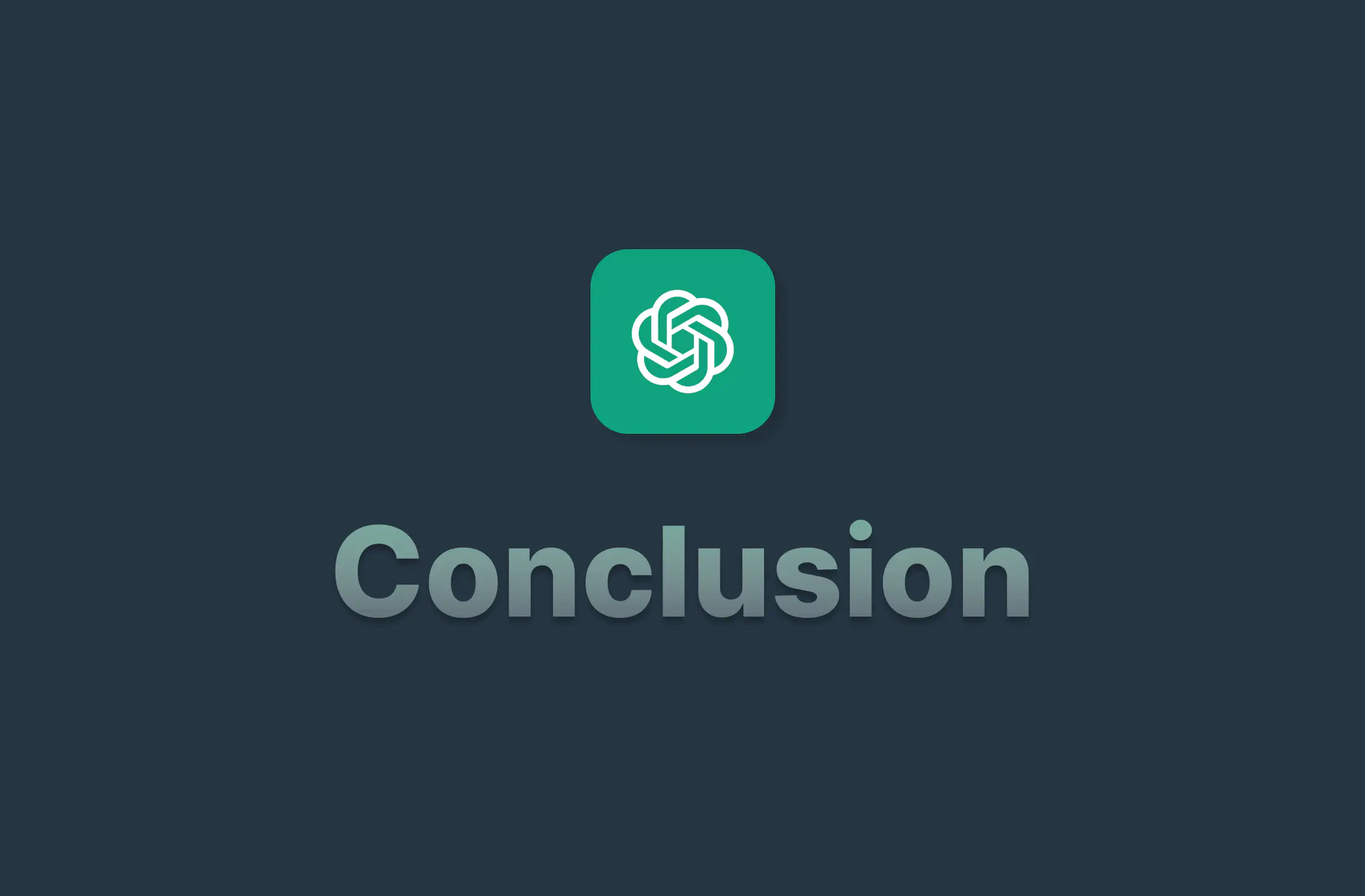Is Chat GPT Safe to Use? Everything you need to know

The development of ChatGPT by OpenAI has brought about exciting possibilities for how humans and artificial intelligence can interact in today's era of rapid advancements in AI. However, the most crucial question that arises is about safety. To thoroughly evaluate the safety of ChatGPT, we need to explore its ethical implications, the potential risks involved, and the detailed strategies that OpenAI uses to address these challenges.
Introducing ChatGPT:
ChatGPT is a version of the GPT architecture that uses deep learning to generate text responses that make sense. The fact that it comes from GPT-3 shows that it can imitate human language patterns well on various topics. This makes it an impressive tool that can be used for many different purposes.
Embracing Opportunities: ChatGPT is incredibly versatile and has many advantages that can be applied to various sectors. Its potential is limitless, as it can help generate content, answer queries, foster creativity, and advance research. It can significantly increase productivity and innovation in both personal and professional pursuits.
Exploring the Ethical Dimensions: The use of ChatGPT raises an ethical dilemma at its core. The fact that it can accidentally create inappropriate or harmful content is a problem. The biases in the training data can continue reinforcing stereotypes and misunderstandings. This means that it is essential to approach the development of AI in a responsible manner.
Exploring Biases and Risks: OpenAI recognizes and understands the presence of biases and the potential risks they entail. The model goes through two steps to counteract them: diverse pre- training and meticulous fine-tuning. We can improve the responses and reduce biases by using an iterative approach. User feedback is crucial in helping us identify and fix any problematic outputs.
Controlling the Output by Providing Guidance: Ensuring user control is a crucial aspect of maintaining safety in ChatGPT. Users can provide specific instructions or context to guide AI responses using "prompts." The Moderation API from OpenAI helps you have more control over your content by identifying and potentially blocking any unsafe content, giving you an extra layer of precaution.
Preventing the Spread of False Information and Protecting Against Exploitation: Although ChatGPT has many practical applications, it is essential to acknowledge that it can also unintentionally contribute to spreading misinformation and being exploited. There is a concern about the potential for creating fake news and questionable content. It's essential to find a balance between being creative and preventing misuse to use these tools responsibly.
Shared responsibility: Ensuring safety is not only the responsibility of OpenAI but also extends to the users. To use ChatGPT responsibly, it's essential to provide clear instructions, stay attentive, and be aware of its limitations. Users must understand their responsibility to improve AI-generated content and reduce adverse effects.
OpenAI's commitment to advancing technology for the benefit of all: OpenAI's dedication to safety is evident in the way it takes an iterative approach. OpenAI values user feedback and uses it to improve the model continuously. This demonstrates OpenAI's commitment to enhancing the default behavior of the model, reducing biases, and improving the user experience.
Looking towards the future: Although ChatGPT has made significant advancements, ensuring its safety remains an ongoing process. OpenAI's goal is to find a balance between customization and ethical considerations. They want to give users the ability to shape the AI's behavior according to their values. This effort supports using AI as a helpful and responsible tool.
Training for Users: User training is a crucial component of ensuring the safety of ChatGPT. OpenAI welcomes users to share their feedback on responses that they find problematic, as this helps in improving the model's performance. When people work together, they create a learning process that allows the AI to enhance and improve as time goes on.
Cultural sensitivity: ChatGPT needs to be culturally sensitive due to its widespread usage worldwide. It must understand and respect the subtle differences in languages, customs, and norms to ensure that its responses are appropriate and considerate in different cultural contexts.
Promoting a Culture of Inclusion: OpenAI recognizes the significance of inclusivity. Ensuring that ChatGPT is helpful for people from different backgrounds and languages is essential. This way, we can avoid excluding anyone or introducing bias.
Understanding the Limitations of AI in Education: It is essential to educate users about the limitations of AI, such as ChatGPT. Remembering that the AI might not fully understand things and could give out wrong or misleading information is critical. So it's a good idea to be cautious when relying on its outputs.
Detecting Abusive Language: OpenAI has implemented measures to identify and stop the production of abusive or offensive language. However, the real challenge is constantly improving these mechanisms to ensure their effectiveness in real-life situations.
Echo Chambers Defence: AI-generated content has the potential to unintentionally reinforce echo chambers, which are situations where people's existing beliefs are strengthened without being exposed to different perspectives. Finding a middle ground between content tailored to your interests and being open to other viewpoints is crucial.
Human Oversight Humans need to review content generated by AI. When AI outputs are deployed without human oversight, there is a risk of errors or inappropriate content. This highlights the importance of having humans and AI involved in decision-making.
Safety Features Designed with the User in Mind: OpenAI has made significant efforts to ensure user safety by implementing user-friendly safety features. These features make it easy for users to report any problematic content they come across and also help users understand the capabilities of the AI system. Users are given the ability to actively contribute to improving the AI.
Conclusion:

The safety of ChatGPT is closely connected to technology, ethics, and the responsibility of humans. The concept has limitless possibilities, but it also comes with the duty to handle biases, misinformation, and misuse. OpenAI is dedicated to continuously improving ChatGPT and educating users. By working together and being responsible stewards of AI, we can harness the power of ChatGPT for positive change while addressing any potential challenges. To navigate the future successfully, it's essential to take a comprehensive approach that maximizes AI's benefits and carefully manages its risks. This way, we can ensure that AI is used for the greater good.



